Stay organized with a detailed holiday monthly calendar. View all the national and international holidays month by month, helping you plan vacations and special events easily.
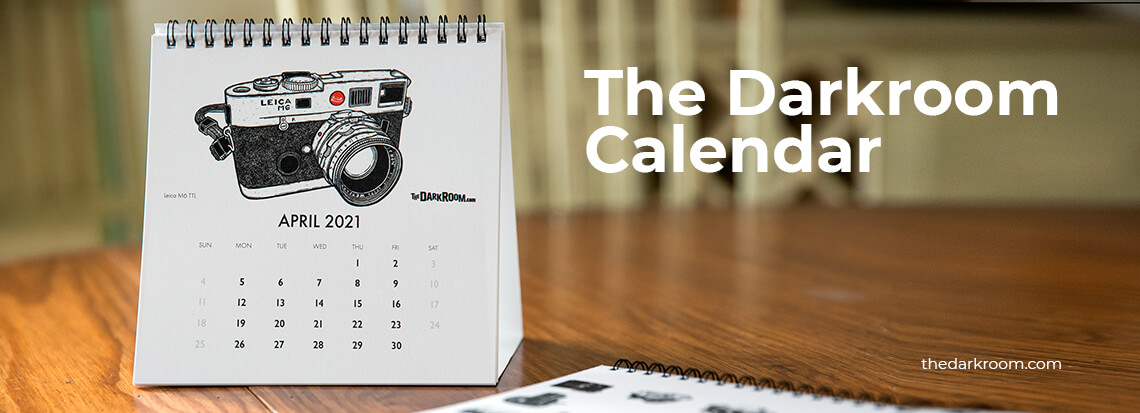
With enthusiasm, let’s navigate through the intriguing topic related to The Darkroom Calendar: A Photographer’s Essential Tool. Let’s weave interesting information and offer fresh perspectives to the readers.
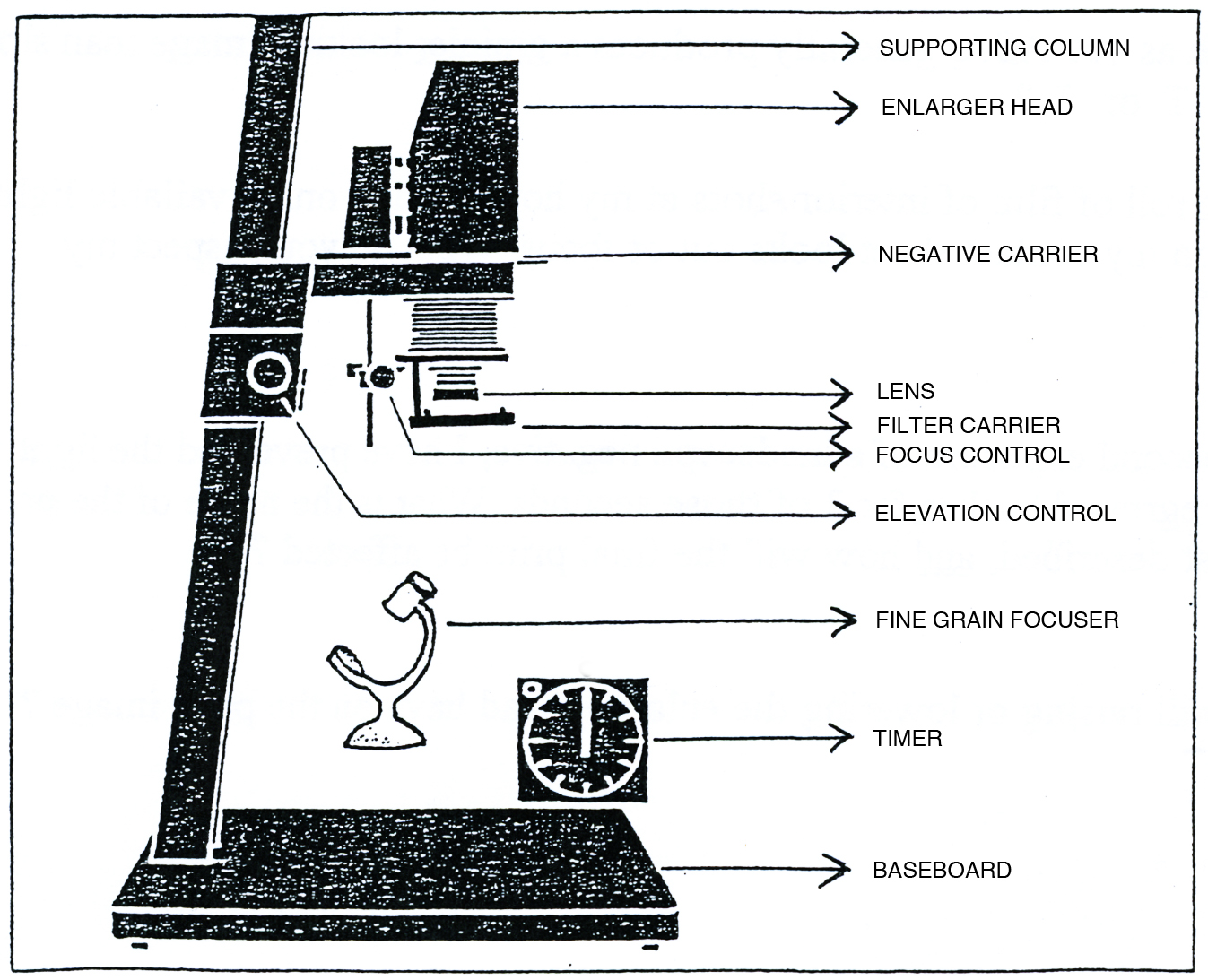

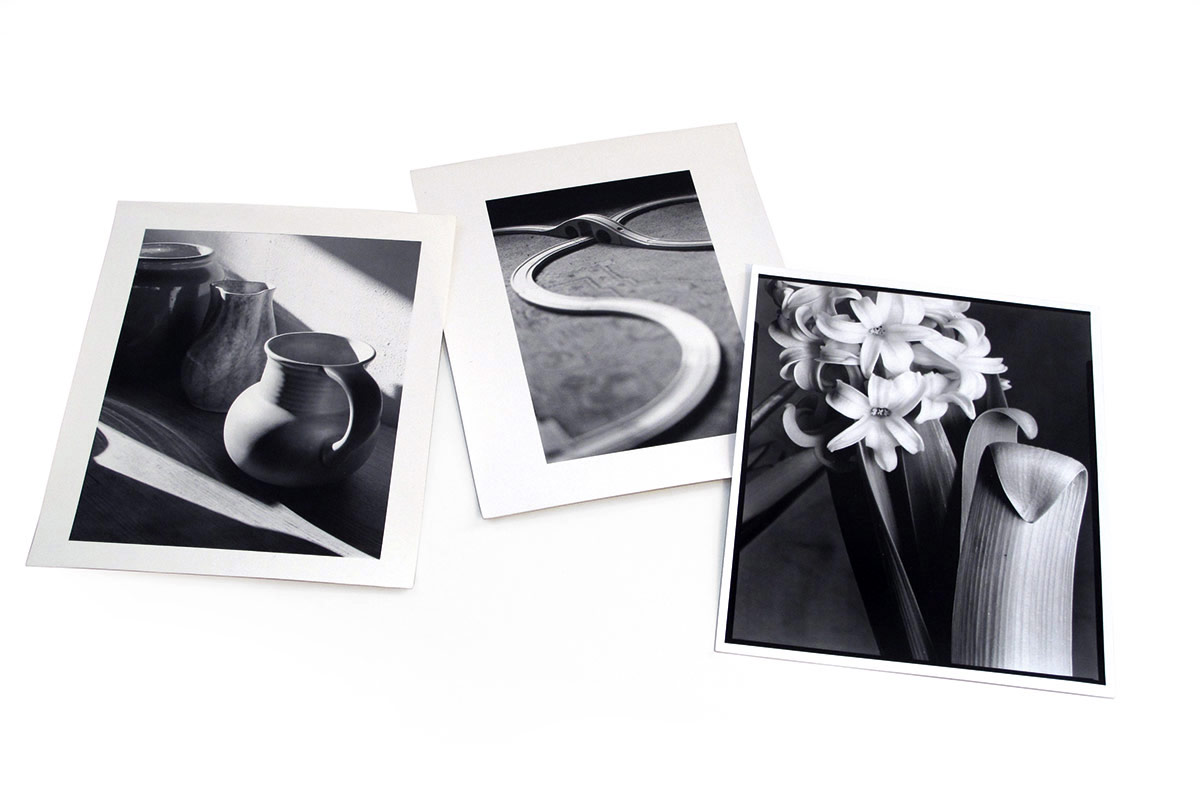
The darkroom, once a cornerstone of photographic practice, has seen a resurgence in recent years. With the advent of digital photography, many assumed the darkroom was destined for the history books. However, the allure of traditional film and the creative control it offers has sparked a renewed interest in the art of darkroom printing. Central to this revival is a tool that remains as vital as ever: the darkroom calendar.
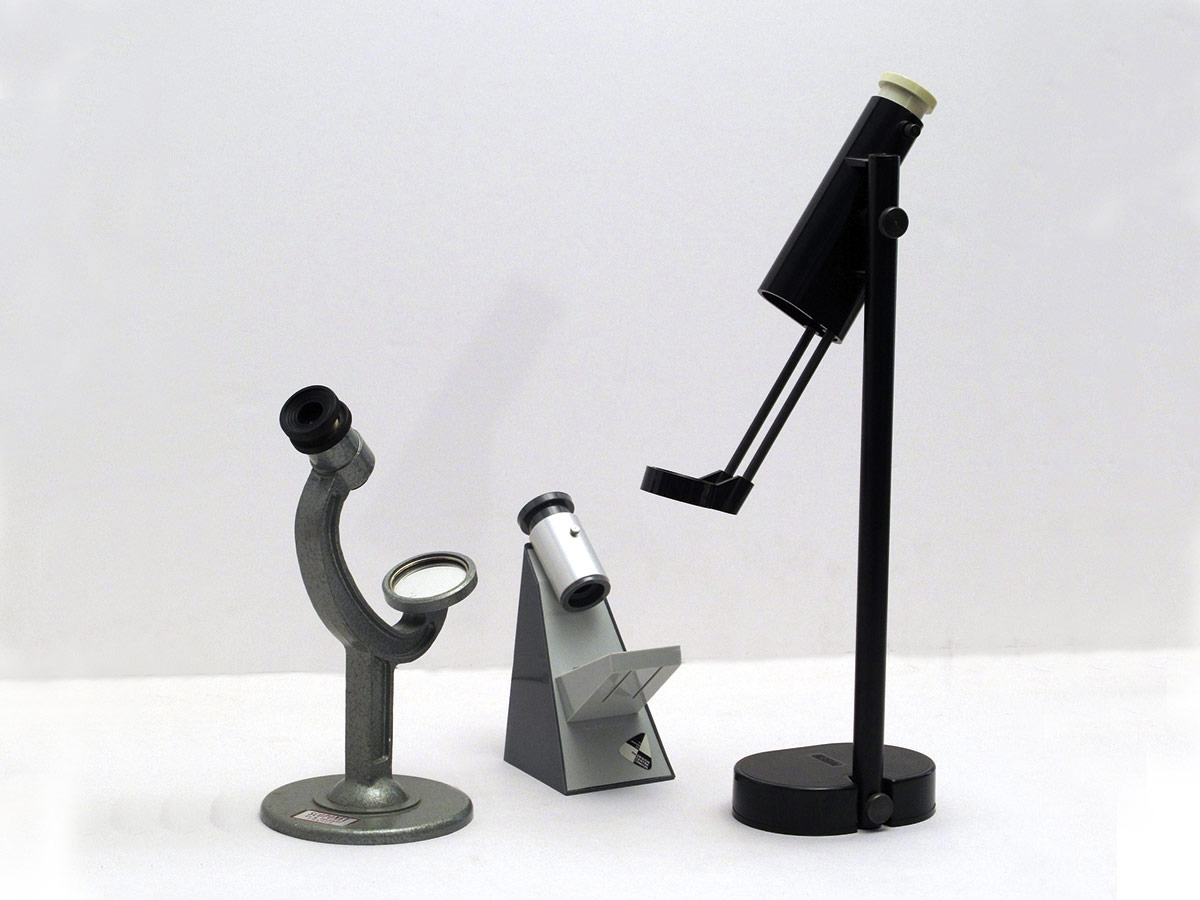
The darkroom calendar, often referred to as a "darkroom timer," is a specialized tool designed to accurately measure and control the duration of photographic processes within the darkroom. These processes, including developing, printing, and toning, rely on precise timing for optimal results. The darkroom calendar serves as the photographer’s timekeeper, ensuring consistency and predictability in their work.
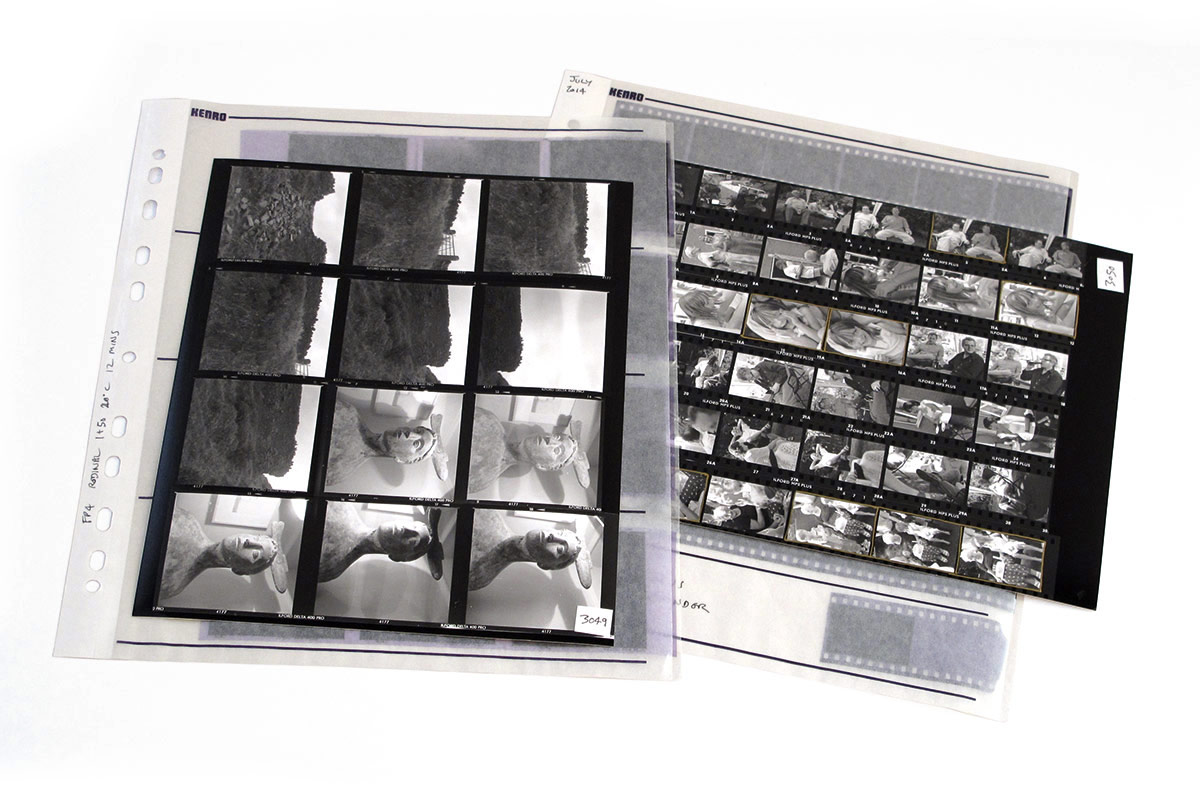
Early darkroom calendars were simple mechanical devices, relying on a combination of gears and dials to track time. The most common type was the "interval timer," featuring a rotating dial with numbered markings. These timers were often accompanied by a loud buzzer to signal the end of a set time interval.
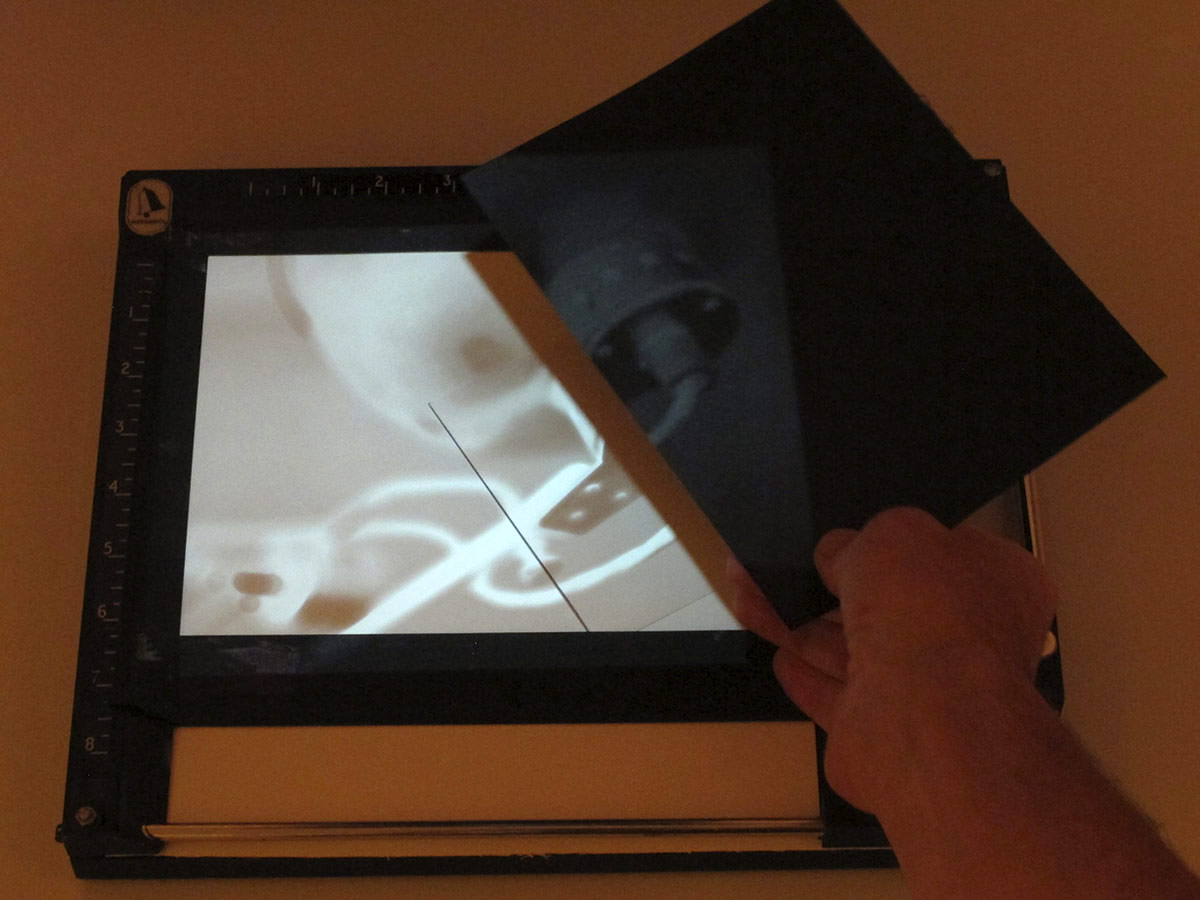
With advancements in technology, electronic darkroom calendars emerged, offering greater precision and versatility. These digital timers typically feature a digital display, allowing for precise time setting and a wider range of functions. Many modern darkroom calendars incorporate features such as:

Accurate timing is paramount in darkroom photography. Overexposure or underexposure during developing, printing, or toning can significantly impact the final image. The darkroom calendar plays a crucial role in ensuring that each process occurs for the correct duration, leading to consistent and predictable results.

The choice of darkroom calendar depends on the photographer’s specific needs and preferences. Here’s a breakdown of the most common types:
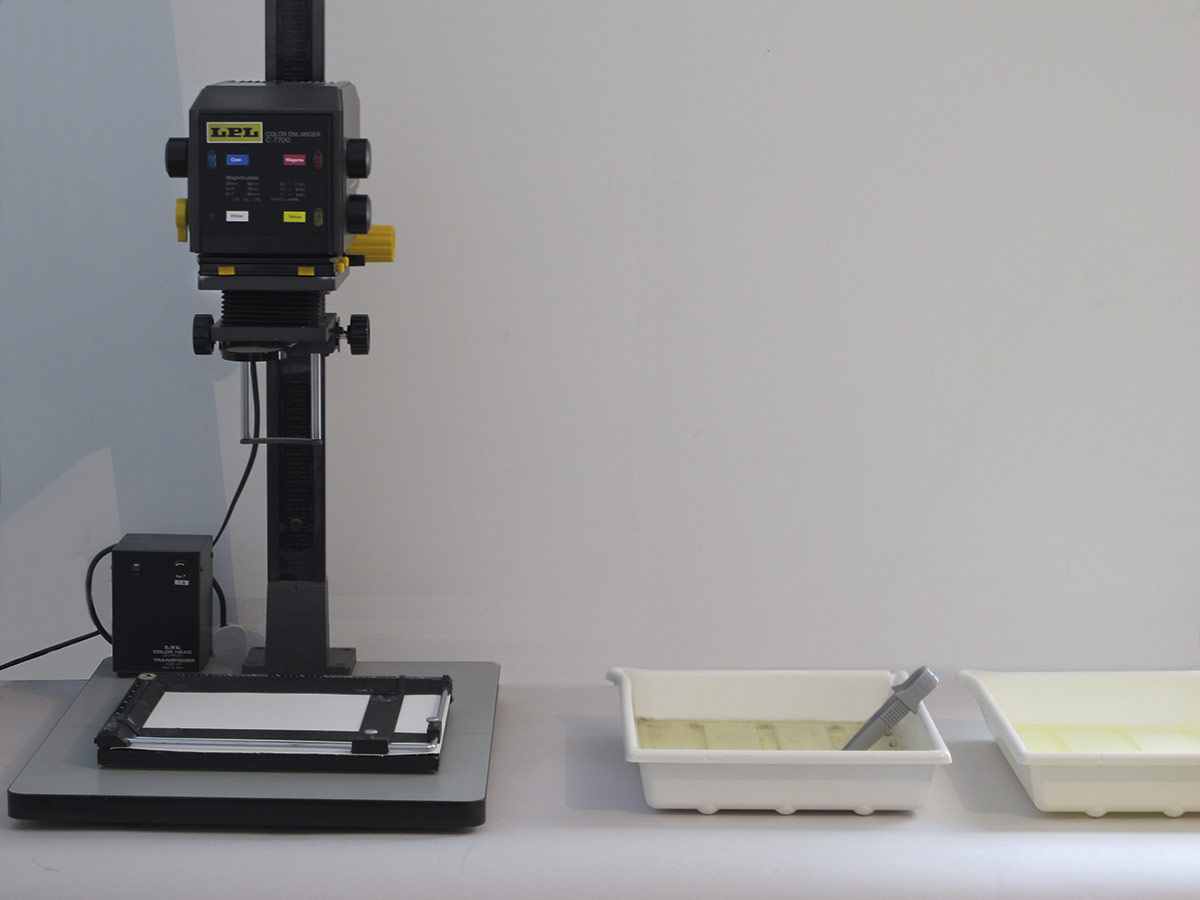
While both measure time, darkroom calendars are specifically designed for photographic processes. They often offer more precise timing, multiple timers, and features tailored to darkroom workflows.
While not strictly essential, a darkroom calendar significantly improves consistency, control, and efficiency in darkroom work. It is a valuable tool for photographers who strive for precise results and reproducible prints.
While smartphone apps can provide basic timing, they may lack the precision, dedicated features, and durability required for professional darkroom work. A dedicated darkroom calendar is generally recommended.
Most darkroom calendars do not require calibration. However, it is always a good practice to compare the timer’s readings to a reliable reference time source, such as a stopwatch, to ensure accuracy.
The darkroom calendar is an essential tool for photographers embracing the art of darkroom printing. By providing precise timing and control over photographic processes, the calendar ensures consistency, efficiency, and reproducibility in darkroom work. Whether you are a seasoned darkroom veteran or a curious beginner, investing in a quality darkroom calendar will significantly enhance your photographic journey.








Thus, we hope this article has provided valuable insights into The Darkroom Calendar: A Photographer’s Essential Tool. We appreciate your attention to our article. See you in our next article!
Your email address will not be published.